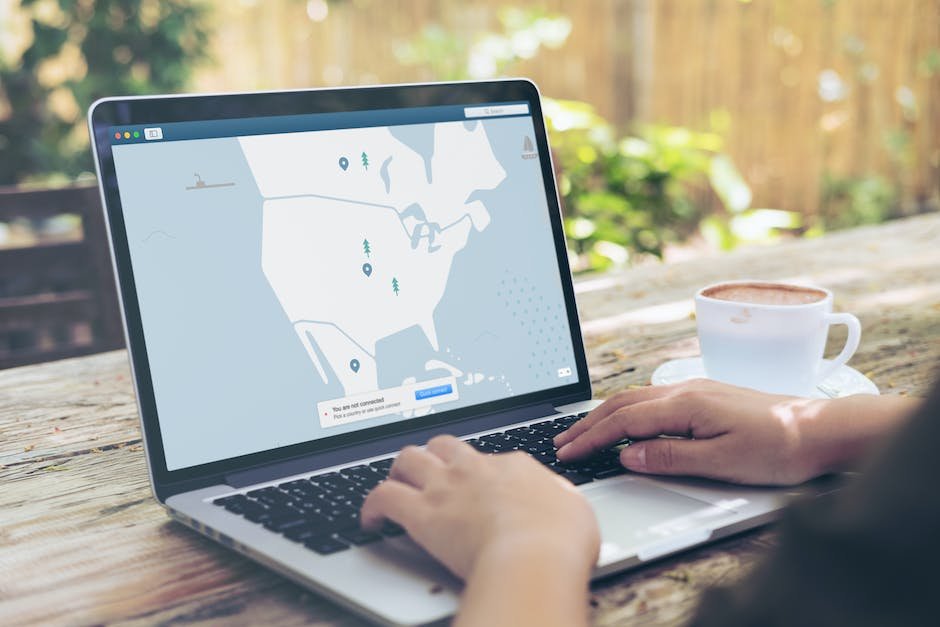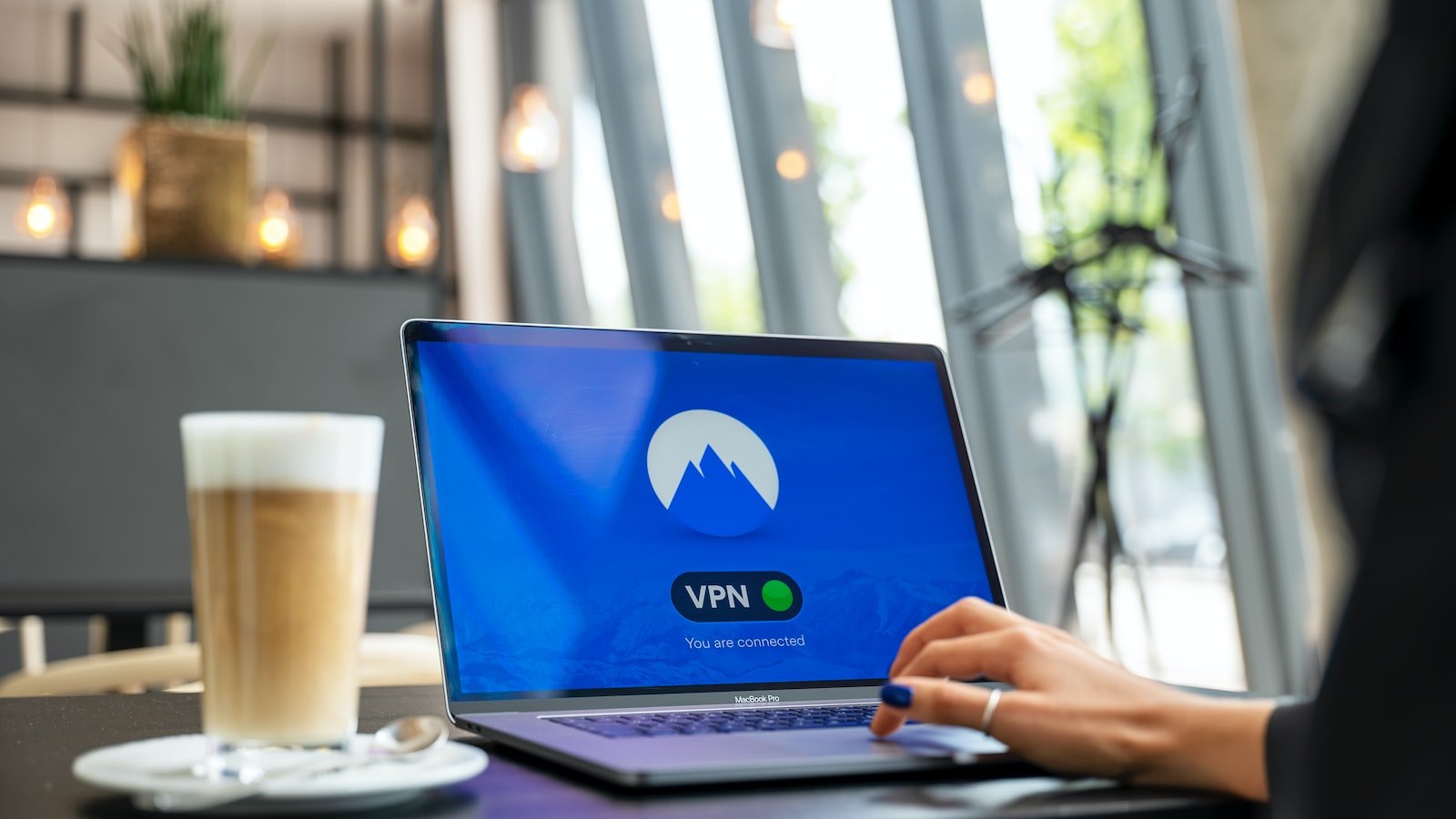As the world becomes increasingly interconnected, the concept of traditional office spaces is rapidly evolving. Remote work has become the new norm, allowing individuals to break free from the confines of a physical workplace and embrace the freedom of working from anywhere in the world. Whether you’re a digital nomad exploring exotic destinations or simply taking a well-deserved vacation, the ability to work remotely while traveling is a game-changer. However, with this newfound flexibility comes the need for enhanced security measures to protect sensitive data and ensure a seamless workflow. This is where Virtual Private Networks (VPNs) step in, offering a secure and reliable solution for remote work while on the go. In this article, we will delve into the world of VPNs and explore how they can empower you to work remotely without compromising your online security. So, grab your passport and laptop, and let’s embark on a journey to discover the wonders of secure remote work while traveling!
Table of Contents
- Choosing the Right VPN for Secure Remote Work While Traveling
- Understanding the Benefits of Using VPNs for Remote Work
- Ensuring Data Security and Privacy with VPNs
- Best Practices for Using VPNs While Traveling for Work
- Recommended VPN Providers for Secure Remote Work While Traveling
- Q&A
- Concluding Remarks

Choosing the Right VPN for Secure Remote Work While Traveling
When it comes to secure remote work while traveling, choosing the right VPN is crucial. A VPN, or Virtual Private Network, creates a secure connection between your device and the internet, protecting your data from prying eyes and potential cyber threats. Here are some key factors to consider when selecting the perfect VPN for your needs:
- Security Features: Look for a VPN that offers robust encryption protocols, such as AES-256, to ensure your data remains confidential. Additionally, features like a kill switch and DNS leak protection can provide an extra layer of security.
- Server Network: A wide range of server locations allows you to bypass geo-restrictions and access content from different regions. Opt for a VPN with servers in the countries you plan to visit to ensure a smooth and unrestricted browsing experience.
- Speed and Performance: Slow internet speeds can be frustrating, especially when you’re working remotely. Choose a VPN that offers fast and reliable connections, so you can seamlessly access your work files and collaborate with colleagues.
- User-Friendly Interface: A VPN with an intuitive interface makes it easier to set up and use, even for those who are not tech-savvy. Look for features like one-click connect and automatic server selection to simplify your remote work experience.
By carefully considering these factors, you can find the perfect VPN that ensures your remote work remains secure and uninterrupted, no matter where your travels take you.

Understanding the Benefits of Using VPNs for Remote Work
When it comes to remote work, VPNs (Virtual Private Networks) have become an essential tool for ensuring secure and efficient communication. Let’s explore some of the key benefits that VPNs offer for remote workers:
- Enhanced Security: VPNs provide a secure connection by encrypting data, making it nearly impossible for hackers to intercept sensitive information. This is particularly crucial when accessing company resources or sharing confidential files remotely.
- Access to Restricted Content: With a VPN, remote workers can bypass geographical restrictions and access content that may be blocked in their current location. Whether it’s accessing company intranets or streaming services, VPNs offer the freedom to connect from anywhere in the world.
- Improved Privacy: VPNs mask your IP address, making it difficult for websites and online services to track your online activities. This ensures that your browsing history and personal information remain private, giving you peace of mind while working remotely.
- Seamless Collaboration: VPNs enable remote workers to securely connect to their company’s network, allowing for seamless collaboration with colleagues. Whether it’s accessing shared files or participating in video conferences, VPNs ensure a smooth workflow regardless of physical location.
By , individuals and organizations can make informed decisions about their online security and productivity. With the increasing popularity of remote work, VPNs have become an indispensable tool for ensuring a safe and efficient work environment.

Ensuring Data Security and Privacy with VPNs
When it comes to protecting your data and ensuring your privacy online, VPNs are an invaluable tool. With the increasing number of cyber threats and the constant monitoring of online activities, it has become essential to take proactive measures to safeguard sensitive information.
A VPN, or Virtual Private Network, creates a secure and encrypted connection between your device and the internet. By routing your internet traffic through a remote server, VPNs effectively hide your IP address and encrypt your data, making it virtually impossible for anyone to intercept or decipher.
Here are some key benefits of using VPNs for data security and privacy:
- Anonymity: VPNs mask your IP address, making it difficult for anyone to track your online activities or identify your location.
- Encryption: All data transmitted through a VPN is encrypted, ensuring that even if intercepted, it remains unreadable and secure.
- Secure Wi-Fi: When connected to public Wi-Fi networks, VPNs provide an extra layer of security, protecting your data from potential hackers or eavesdroppers.
- Bypassing Restrictions: VPNs allow you to bypass geographical restrictions and access content that may be blocked in your region.
By utilizing a VPN, you can take control of your online privacy and protect your sensitive information from prying eyes. Whether you’re browsing the web, accessing public Wi-Fi, or conducting business transactions, a VPN ensures that your data remains secure and your privacy intact.
Best Practices for Using VPNs While Traveling for Work
When it comes to traveling for work, using a VPN (Virtual Private Network) is essential to ensure the security and privacy of your online activities. Here are some best practices to follow when using VPNs while on the go:
- Choose a reliable VPN provider: Before embarking on your work trip, make sure to research and select a reputable VPN provider. Look for features such as strong encryption, a wide range of server locations, and a strict no-logs policy.
- Connect to trusted networks: While traveling, it’s tempting to connect to any available Wi-Fi network. However, it’s crucial to only connect to trusted networks, such as those provided by your hotel or a reputable establishment. Avoid using public Wi-Fi networks that are unsecured, as they can pose a significant risk to your data security.
- Enable automatic VPN connection: To ensure you’re always protected, configure your VPN client to automatically connect whenever you access the internet. This way, you won’t have to remember to manually connect each time you connect to a new network.
- Use multi-factor authentication: Adding an extra layer of security to your VPN connection is always a good idea. Enable multi-factor authentication (MFA) whenever possible, as it requires an additional verification step, such as a code sent to your mobile device, to access your VPN account.
- Regularly update your VPN software: VPN providers often release updates to address security vulnerabilities and improve performance. Stay vigilant and ensure you regularly update your VPN software to benefit from the latest security enhancements.
By following these best practices, you can confidently use VPNs while traveling for work, knowing that your online activities are secure and your sensitive data is protected.
Recommended VPN Providers for Secure Remote Work While Traveling
When it comes to secure remote work while traveling, having a reliable VPN provider is essential. A VPN, or Virtual Private Network, encrypts your internet connection and ensures that your online activities remain private and secure, even when using public Wi-Fi networks.
Here are some recommended VPN providers that offer top-notch security features and reliable performance:
- ExpressVPN: Known for its lightning-fast speeds and military-grade encryption, ExpressVPN is a popular choice among remote workers. With servers in over 90 countries, it allows you to access geo-restricted content and ensures your data remains protected.
- NordVPN: With a vast network of servers and a strict no-logs policy, NordVPN is a trusted name in the VPN industry. It offers double encryption, making it an excellent choice for those who prioritize maximum security.
- Surfshark: If you’re on a budget but still want a reliable VPN, Surfshark is worth considering. Despite its affordable pricing, it doesn’t compromise on security or performance. It offers unlimited simultaneous connections, making it ideal for remote teams.
Remember, choosing the right VPN provider is crucial for maintaining your privacy and security while working remotely. Consider your specific needs and preferences before making a decision, and always prioritize a VPN that offers strong encryption, a wide server network, and reliable performance.
Q&A
What is a VPN and why is it important for remote work while traveling?
A VPN, or Virtual Private Network, is a secure connection that encrypts your internet traffic, protecting your data from potential hackers. It is crucial for remote work while traveling as it ensures your sensitive information remains private and secure, even when using public Wi-Fi networks.
How does a VPN work?
When you connect to a VPN, it creates a secure tunnel between your device and the internet. All your data passes through this tunnel, encrypted and protected from prying eyes. This allows you to access the internet securely, as if you were connected to a private network.
Can I use any VPN for remote work while traveling?
While there are many VPN providers available, not all of them are suitable for remote work while traveling. Look for VPNs that offer strong encryption, a wide range of server locations, and reliable connection speeds to ensure a seamless and secure remote work experience.
What are the benefits of using a VPN for remote work while traveling?
Using a VPN for remote work while traveling offers several benefits. It allows you to securely access company resources, such as files and databases, from anywhere in the world. Additionally, it protects your sensitive data and ensures your online activities remain private.
Are there any downsides to using a VPN for remote work while traveling?
While VPNs provide enhanced security, they can sometimes slow down your internet connection due to the encryption process. Additionally, some countries may have restrictions or regulations on VPN usage, so it’s important to research and comply with local laws when traveling.
How can I set up a VPN for remote work while traveling?
Setting up a VPN for remote work while traveling is usually straightforward. First, choose a reputable VPN provider and sign up for their service. Then, download and install the VPN app on your device. Finally, launch the app, log in, and connect to a server of your choice to establish a secure connection.
Can I use a free VPN for remote work while traveling?
While free VPNs may seem tempting, they often come with limitations and potential risks. Free VPNs may have slower speeds, limited server options, and may even collect and sell your data. For the best security and performance, it is recommended to invest in a reliable paid VPN service.
What precautions should I take when using a VPN for remote work while traveling?
To ensure maximum security, always keep your VPN software up to date. Avoid connecting to unsecured public Wi-Fi networks and be cautious of phishing attempts. Additionally, regularly check for any VPN-related security updates and follow best practices for online safety.
Concluding Remarks
As we bid adieu to this guide on harnessing the power of VPNs for secure remote work while traveling, we hope you’ve embarked on a journey of knowledge and empowerment. In a world where borders blur and connectivity reigns supreme, the need for safeguarding our digital footprints has never been more crucial.
By now, you’ve discovered the secret to unlocking a virtual fortress, fortifying your online presence, and embracing the freedom to work from any corner of the globe. With VPNs as your trusty companions, you’ve learned to navigate the treacherous waters of public Wi-Fi, leaving no room for prying eyes or lurking cyber threats.
Remember, dear reader, that the world is your oyster, and your laptop is the key to unlocking its hidden treasures. Whether you find yourself sipping coffee in a bustling café in Paris, basking in the sun on a tropical beach, or nestled in the cozy confines of a mountain cabin, your VPN will be your steadfast ally, ensuring your data remains your own.
As you embark on your next adventure, armed with the knowledge bestowed upon you, let the wonders of technology and the power of VPNs guide you towards a seamless and secure remote work experience. Embrace the freedom to explore, create, and connect, all while safeguarding your digital sanctuary.
So, dear reader, as you venture forth into the vast expanse of the digital realm, may your VPN be your shield, your passport to security, and your gateway to a world without boundaries. Safe travels, and may your remote work journey be filled with endless possibilities and unparalleled peace of mind.
As an affiliate, my content may feature links to products I personally use and recommend. By taking action, like subscribing or making a purchase, you’ll be supporting my work and fueling my taco cravings at the same time. Win-win, right?
Want to read more? Check out our Affiliate Disclosure page.